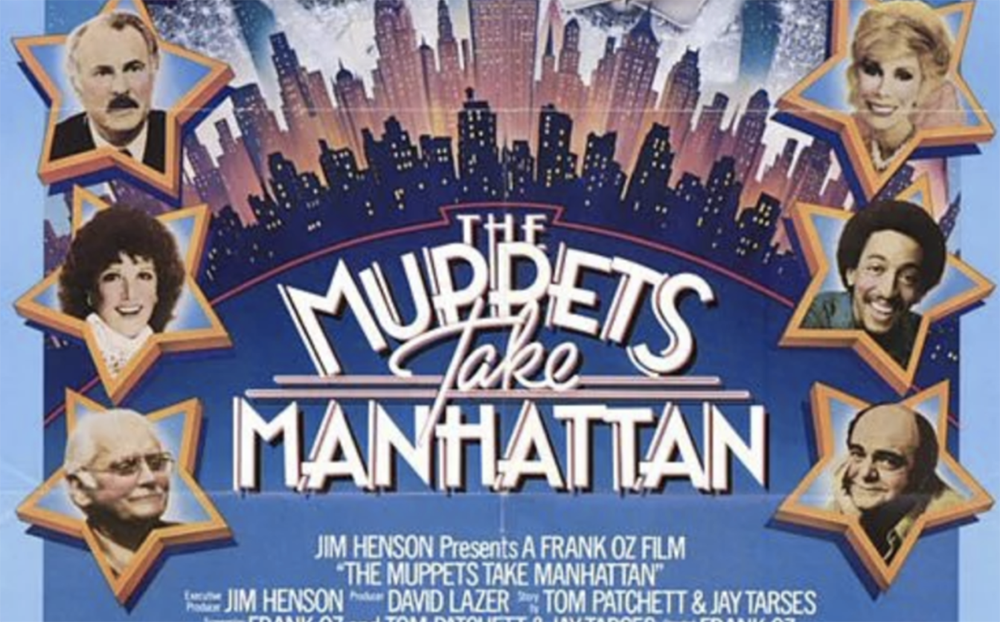The CityKids Foundation joined the Jim Henson Company to produce a television series for ABC TV. With great stories and music videos, this was a ground-breaking childrens’s show . . . the forerunner to the long-running TV hit, Glee. I directed the first six episodes.
Adriana Trigiani was the show runner—executive producer/head writer; youth wrangler; and diplomat par excellence. She went on to become a New York Times bestselling novelist including an incredible epic love story about her grandparents called The Shoemaker’s Wife. She also wrote and directed a movie, Big Stone Gap, based upon her first novel.

The TV series was about seven high school seniors, two African-American, two Puerto Rican, one Asian, one Jewish, and one white Protestant. It dealt with the gut issues of the day: dating, work, sex, cliques, friendships, loyalty, honesty, competition, and so on. Although the story lines were funny, they were substantive and relevant.
The pace and style of the show was heightened by music videos that exemplified the story line. An extra attraction for me were the short snippets of Muppets—two high school girl puppets acting as a classical Greek chorus that criticized the storyline and the characters.
Shooting muppets was a trip. Dabney Coleman, who starred in the second Muppet’s movie, The Muppets Take Manhattan, warned me that, at some point, I would be anthropomorphizing puppets: “I was standing by a set, and Kermit the frog came up behind me and struck up a conversation. I spoke to him just like I’m speaking to you!”

Several of the crew grumbled about how unruly some of the young actors were, but for many of the kids, this was their first job. The crew didn’t realize how incredibly talented these kids were. Dulé Hill, Lisa Marie Carson, Dash Mihok, Donald Faison, Renoly Santiago, and Malik Yoba would go on to fame in network TV and movies.
It was a grueling experience for these kids, some of whom were still in school, all of whom came from lower-or working-class families, and all of them worked long hours rehearsing dialogue, dance steps, and music lyrics. A few were sometimes late to work. Others sometimes were tired and got cranky. But all of them put their all into their work.
The writing was terrific; the adult actors, who were all friends of Adriana, were funny; the music lyrics for the videos were relevant; and the Muppets’ comments were hilarious.
Fortunately by that time I was a father of three, a baseball coach of dozens, and a mentor to my kids’ friends. What I quickly learned from these experiences is that all kids are different and have to be treated as such. One can’t come on like Attila the Hun nor the Flying Nun. Kids need to be recognized as individuals.
One more thing—because this chapter includes animals. Animals also have to be treated as individuals. Don’t talk down to them. But never forget, you’re the alpha and they need to be the zeta. If you treat them as equals, they’ll demand more lines and close ups. If you think they don’t care about stardom, you’re wrong. As far as animals are concerned, they don’t speak English, but, although they respond to praise and punishment, just like people, they’d really rather eat than act. Matter of fact, the treatment you use to praise animals—rewarding them with a treat—may not be a bad idea for kids and adult actors. So keep some paté in your pocket for human stars and tell them something along the lines of, “Good job, Angelina. Good girl!”


Recent Comments